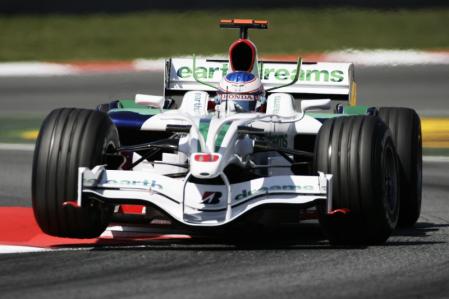Honda has had a long legacy in racing, from its early days racing motorcycles to its recent success as an engine supplier to other top-teir racing teams. However, last year Honda ended it’s relatively short-lived F1 team under cost-cutting pressures brought on by the larger downturn in the automotive industry.
Now, Honda has taken that team of 400 engineers and put them back to work squeezing every last ounce of efficiency out of their passenger vehicles. As investment fund manager Masayuki Kubota told Bloomberg:
“Automakers that are able to spare their resources for advanced and environmental technologies will eventually become the winners at a time when one breakthrough technology will make a huge difference.â€
In recent years, Honda has made a name for it’s by rejecting may of the current trends in environmental engineering like plug-in hybrid electric vehicles (PHEVs) and pure battery electric vehicles (BEVs). Instead, Honda has been working hard on perfecting it’s market-leading fuel cell technology and redoubling efforts to improve the internal combustion engine (ICE).
Most companies act as if they have given up on the ICE, but according to Honda the ICE will remain the dominant form of propulsion for the next several decades. Even if Japan, America, and Europe phase out the ICE relatively quickly, emerging markets in India and China will rely on cheaper ICE technology for decades to come, making efficiency gains important to a long-term, global approach.
Honda has clearly put most of their eggs in the ICE basket and only time will tell if it pays off. Either way, Honda is certainly putting its best foot forward in accomplishing its goal.
Popularity: 72% [?]





{ 1 comment }
If only more of the eco vehicles were mass produced and available in countries such as Australia. The problem is, if the main profiteers of the country (ie petroleum suppliers etc) aren’t to benefit from the product, a quick stop is put to possible mass production before it begins.
Comments on this entry are closed.